
The Problems with India’s Website Blocking System
A large technical study has found that at least 43,083 websites were blocked through Indian internet service providers in the measurement carried out for the research. The findings draw attention more to a system marked by uneven enforcement and limited transparency than to the type of content being restricted.

Breast Cancer Is Rising Fast in India and Around the World
A new analysis projects a jump in breast cancer cases among women worldwide from about 2.3 million in 2023 to over 3.5 million a year by 2050, while India has already recorded a several-fold rise since 1990. People in India can act through early recognition of symptoms, timely diagnosis and risk reducing habits, and governments must expand screening, strengthen referral systems, ensure affordable treatment and build stronger cancer registries.

Why the US–Israel Conflict with Iran Is Not a Religious War
Among sections of the public in many countries, including India, the current U.S.–Israel attack on Iran is being framed as a Christian and Jewish attack on Islam. The language of civilisational war carries emotional force and clear political utility in mobilising domestic support, but a closer look at how states actually behave suggests a more grounded reading of the conflict as a typical strategic contest.
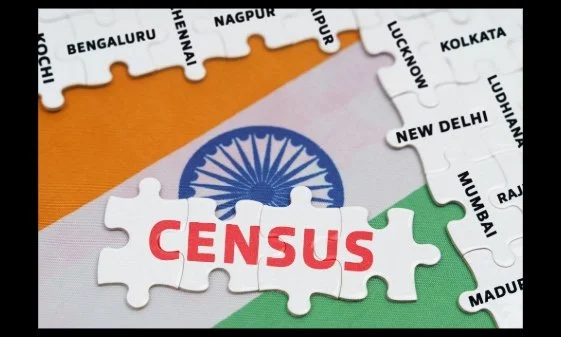
Former Civil Servants Raise Concerns About Census 2027
A collective of former senior civil servants has written to the Census Commissioner of India raising detailed concerns about the six year delay in the national Census, now scheduled for 2027. In their letter, they warn that the prolonged and unexplained postponement could lead the public to suspect that the exercise is being timed to facilitate the delimitation of parliamentary constituencies ahead of the 2029 Lok Sabha elections.

US-Israel Strikes on Iran: What It Means for India
The United States and Israel carried out large-scale military strikes inside Iran on February 28, killing the country’s supreme leader Ayatollah Ali Khamenei. Iran responded within hours with drones and missiles aimed at Israel and at United States linked military sites across the Gulf, including Bahrain, Kuwait, Qatar and the United Arab Emirates (UAE). The confrontation marks one of the most dangerous escalations in West Asia in recent years and carries direct consequences for countries far beyond the immediate conflict zone, including India.
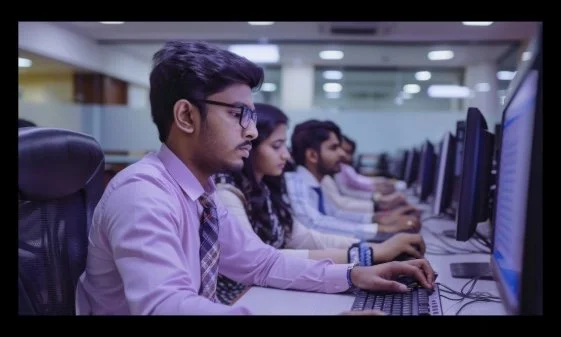
AI Threat Looms Over India’s IT Jobs Boom
Over the last two and a half decades, India built a huge industry by doing office and technology work for companies in the United States and Europe. Now new artificial intelligence (AI) tools are starting to perform some of that work, and this shift could affect millions of jobs in India, according to a report published in The New York Times.
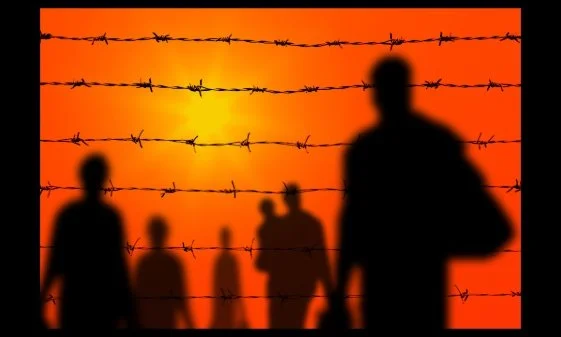
Pakistan-Afghanistan Tensions: What the ‘Open War’ Claim Means
Pakistan and Afghanistan are once again exchanging airstrikes across their shared border, raising fears of a wider conflict between them. The latest tension began this week after Afghanistan carried out a cross-border strike that it said was retaliation for earlier Pakistani air attacks. Pakistan then responded with fresh strikes inside Afghan territory, and the country’s defence minister described the situation as an “open war.”

Extreme Heat Linked to Fewer Sex-Selective Abortions in India, Study Suggests
Researchers at the University of Oxford have released a study examining how heat exposure during pregnancy relates to the sex ratio at birth in India. The findings suggest that women in India who experienced higher temperatures during the middle months of their pregnancy were more likely to give birth to girls than to boys, and the study indicates this is not due to biological reasons.

India’s New Counter-Terror Policy Expands Powers but Success Will Depend on Safeguards
The central government has launched a new counter terrorism policy called Prahaar. The framework appears ambitious and technology driven, and it resembles Western models of prevention, intelligence coordination and disruption of extremist networks. Western systems generally operate with multiple layers of legal safeguards that have evolved alongside state enforcement powers. Implementation in India also requires careful attention to several cautions to guard against potential misuse.

Should Private Companies Be Allowed to Run Public Services?
Finance Minister Nirmala Sitharaman has launched the National Monetisation Pipeline 2.0, a plan that aims to raise about 16.72 trillion (16.72 lakh crore) rupees by allowing private companies to operate public assets such as highways, railways, airports and energy networks for fixed periods. The government presents the move as a way to fund new infrastructure without increasing taxes or borrowing, but for ordinary citizens, the policy carries a set of risks that deserve careful scrutiny.

New Study Shows How AI Could Help Curb Trafficking in South Asia
A survivor-informed policy paper suggests that artificial intelligence can help disrupt trafficking networks linked to cyber scam compounds in South Asia and nearby regions, by spotting digital signals early enough to guide human intervention. The findings deserve the attention of authorities in India and across South and Southeast Asia, because earlier detection buys time, and time gives people, embassies and investigators space to act before coercion hardens into captivity.
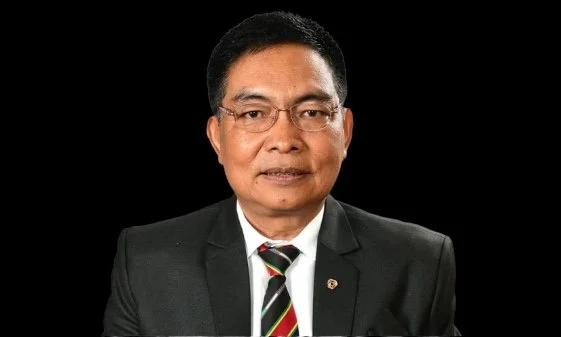
‘No One’ Killed This Manipur MLA, and That Defines the State’s Accountability Crisis
Vungzagin Valte, a Manipur MLA from the ruling Bharatiya Janata Party (BJP), died on February 21 after nearly three years of medical complications caused by a mob attack during the 2023 violence. His case remains pending and no arrests have been reported so far. The continuing absence of visible justice may further deepen the political disillusionment of the Kuki-Zo community in its relationship with the state government.
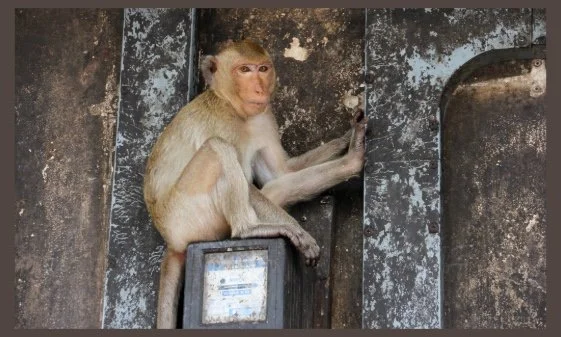
Supreme Court Raises Alarm Over States’ Free Electricity Push
The Supreme Court has questioned the Tamil Nadu government’s policy of providing free electricity to certain consumer groups, opening a wider debate about where welfare support ends and political freebie culture begins. The central concern in this dispute is how far governments can expand subsidies without putting public finances and long-term development under strain.
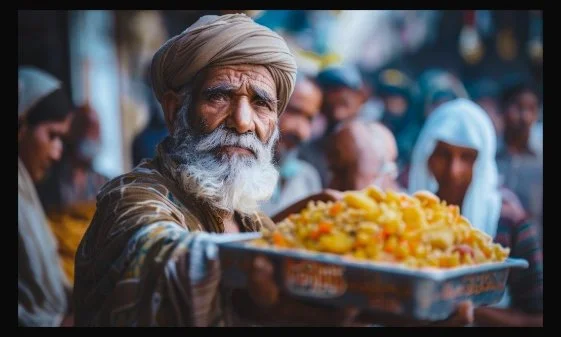
Ordinary Indians, More Than Business Elites, Sustain India’s Generosity
A new study estimates that India’s household giving totals about 540 billion (54,000 crore) rupees a year across cash, in-kind support and volunteering, with about 68% of surveyed households reporting some form of giving. Read alongside evidence of highly concentrated corporate and wealthy donor philanthropy, the findings indicate that India’s culture of generosity is sustained in large measure by widespread participation among ordinary households.

India’s Dalits, Muslims Live in Isolated Housing With Poor Services: Study
Dalits and Muslims across India live in sharply segregated neighbourhoods that receive weaker access to essential public services. Evidence drawn from nationwide administrative and census data shows that inequality is most severe at the smallest geographic scale of settlement.
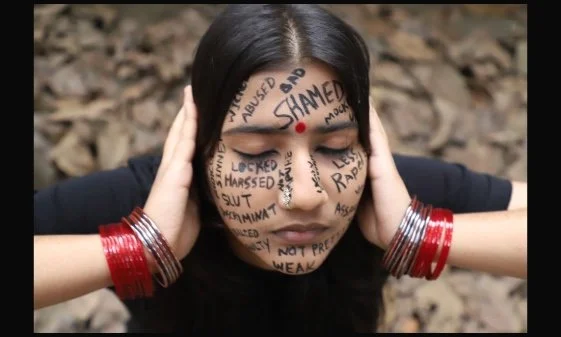
1 in 5 Women in India Experience Physical or Sexual Intimate Partner Violence
A major study has found that although more than one in five women in India experience intimate partner violence each year, only a very small number of these cases appear in official records of police, health services, or support centres. The issue demands urgent action, as violence within the home causes immediate injury, long-term health harm, economic disruption, and effects that pass from one generation to the next.
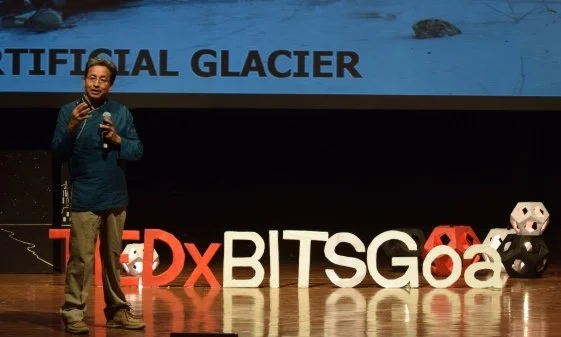
Detention Without Accurate Evidence Threatens Constitutional Liberty in Wangchuk’s Case
India’s Supreme Court is scrutinising the preventive detention of climate activist Sonam Wangchuk after noticing a prima facie discrepancy between the Ladakhi speech he delivered and the translated transcript relied upon by government authorities to justify his confinement, along with a possible failure to supply the complete evidentiary record to him. The main constitutional concern arising from this development is whether the extraordinary executive power to detain without trial has been exercised on the basis of material that is accurate, genuine and procedurally fair.
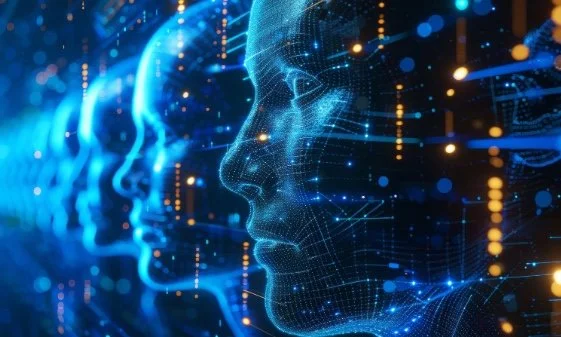
New IT Rule Orders 3-Hour Content Removal, Threatening Free Speech, Privacy
The central government has notified amendments to the Information Technology Rules, requiring online platforms to remove content within three hours of receiving an official government order, and introducing new legal requirements for detecting, labelling and tracing AI generated or altered media. The design risks rapid removal of lawful speech and deeper intrusion into user privacy because platforms that fail to follow government orders can lose their legal protection from being held responsible for what users post.
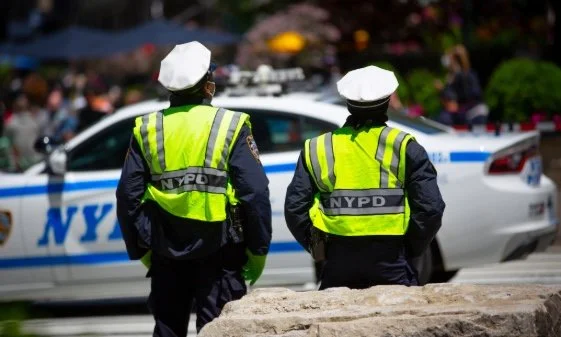
Indian Accused in US Sikh Separatist Assassination Plot Pleads Guilty
An Indian national, accused by U.S. prosecutors of working at the direction of an Indian government employee to arrange the assassination of Sikh separatist Gurpatwant Singh Pannun in New York, has pleaded guilty in a U.S. court.

Valentine’s Day: The Politics and Psychology of Hating Love
Each year Hindu nationalist groups carry out violent crackdowns on couples in public spaces during Valentine’s Day in India. These incidents show how moral policing, group identity politics and anxiety about social change combine to justify control over private emotion and public behaviour.
